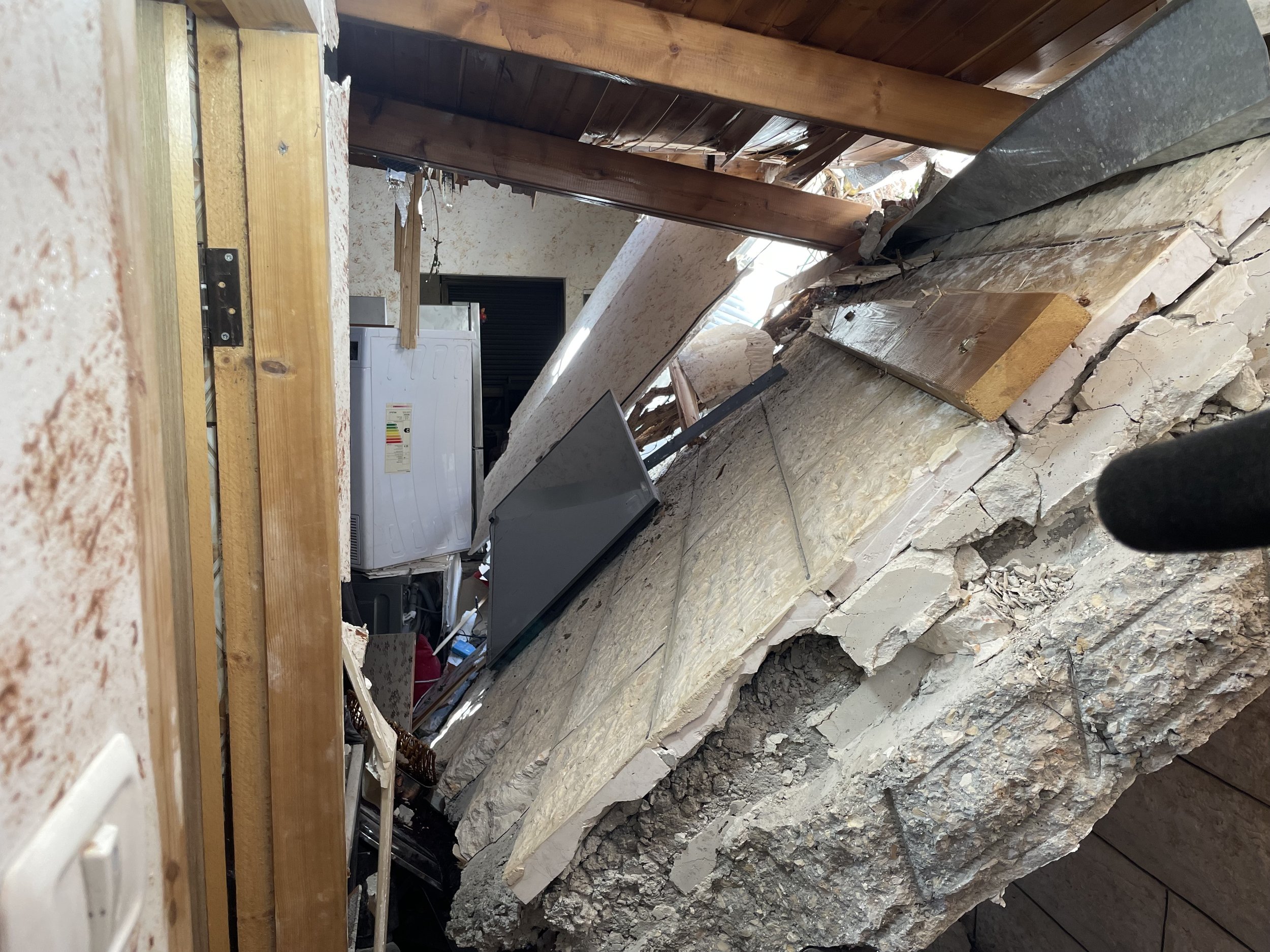CANADA | 2024 | 84 minutes | English, Hebrew and Arabic with English subtitles
Directed and written by Danae Elon
Produced by Danae Elon and Paul Cadieux
Rule of Stone is a documentary film that exposes the power of architecture and the role it has played – aesthetically, ideologically and strategically – in the creation of modern Jerusalem. In 1967, Israel conquered East Jerusalem, including the Old City, where the Western Wall and the Temple Mount are located. A few years later, the city was declared the united and indivisible capital of the State of Israel. The goal became to make a re-division of the city materially impossible. Architecture and stone are the main weapons in this silent, but extraordinarily effective colonization and dispossession process. At the center of the story is the narrative of Jerusalem Stone, the material decreed by law to give the city its aesthetic quality. The film takes the viewer on a journey seeing how design and the perception of beauty took part in the invisible war of annexation. Jerusalem stone and the way it has been clad on the exterior of every building in the city since the British mandate over Palestine shows how beauty and cruelty go hand in hand.
Danae Elon / Director, Writer & Producer
Danae Elon has been living and working as a director and producer in Montreal Quebec for the last ten years. Born in Israel her films have been an attempt to tell stories about the Occupation through a deeply personal point of view. Every film she has made has tried to search for truth, hypocrisy and injustice through intimate storytelling often focusing on her own family and the city she grew up in: Jerusalem. Danae’s films have showcased internationally in many renowned film festivals receiving numerous awards.
Paul Cadieux / Producer
One of Canada’s leading and most active film and television producers. Among numerous other awards, he has won a Genie Award for Best Motion Picture for the Oscar-nominated LES TRIPLETTES DE BELLEVILLE. His more recent documentaries include: P.S. JERUSALEM (TIFF 2016, Berlin 2017), THE SETTLERS (Sundance 2017). A SISTER’S SONG (DocNYC, IDFA, DocAviv, RIDM), GAZA( SUNDANCE 2019); ADVOCATE (SUNDANCE 2019). THE LONGEST GOODBYE (SUNDANCE 2023) and I SHALL NOT HATE (CPH:DOX 2024)




















